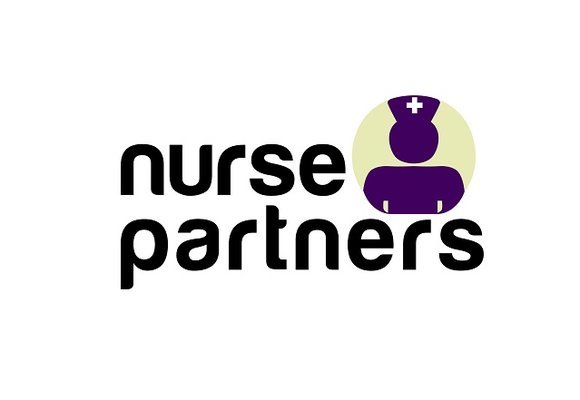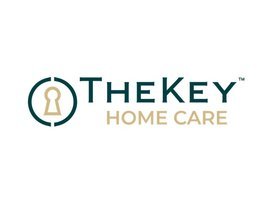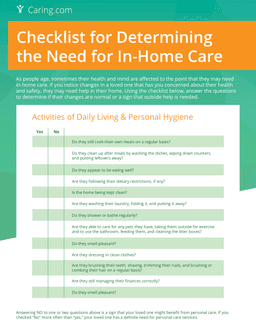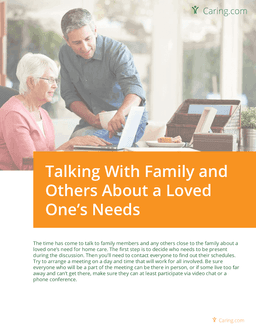
CARING STARS WINNER
336 N Water St , Philadelphia, PA 19106
5.0
(23 reviews)
"My mother was diagnosed with vascular dementia, a surprising and very debilitating condition that my family and I never had to address. Consequently, her diagnosis and mental decline caused much distress, confusion, and sadness. Thankfully, Nurse Partners made a world of difference with the compassionate care and patience provided to my mother by its aides, nurses and staff. In addition to the high quality care provided to my mother, Nurse Partners' was instrumental in giving my family and I piece of mind, knowing that she was surrounded by highly professional and compassionate people who were proactive in providing consistently high quality care. My family and I are very grateful to Nurse Partners' for its wonderful care, compassion and support! "
Pricing not available




















